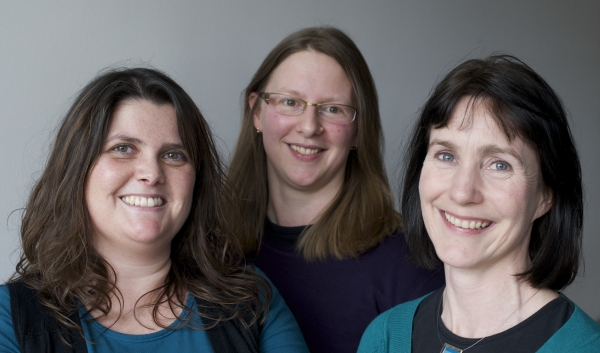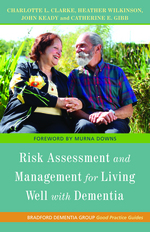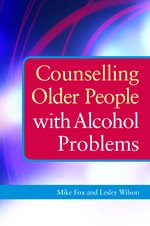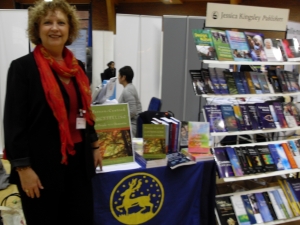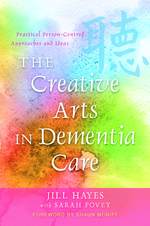Theory, policy and practice of dementia care across the globe – An interview with Anthea Innes, Louise McCabe and Fiona Kelly
“This is the first time that dementia is a political priority, creating drivers for focusing on all aspects of dementia, from the anti-dementia drugs, to an increased knowledge about potential risk factors and preventions strategies as well as innovative ways to provide high quality support and care.”
